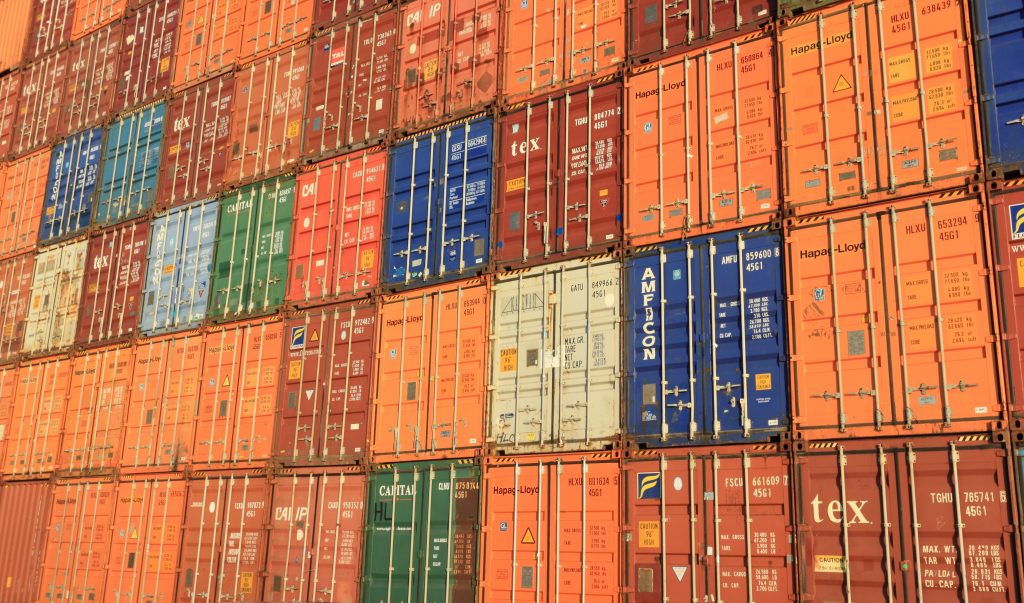The perceived preferential treatment of internet shopping has been a contentious issue for a while with the retail sector lobbying hard to ensure that where a business is benefiting from sales to Australian consumers, the purchase is taxed in the same way as local retailers.
While the start date of the change has been pushed back until 1 July 2018, businesses importing goods into Australia will need to review their position to check whether supply chains are affected and determine which entity is actually liable for the GST. Australian businesses that purchase low value goods from overseas should also check to make sure that overseas suppliers are not imposing GST on supplies of these goods unnecessarily.
The new rules are intended to apply to situations that are not captured by the existing GST importation rules because the goods are worth $1,000 or less. The rules are designed to only apply when goods are delivered to Australian consumers who are either not registered for GST in Australia or where the goods do not relate to an enterprise or business being carried on in Australia. If your business imports goods into Australia and is registered for GST, the tax should not apply to low value goods you import.
GST applies where the supply is to an Australia consumer – it doesn’t matter who makes the purchase. So, you could have the scenario where GST applies to a gift purchased for you by an overseas relative if the gift is shipped directly to you.
Where goods are purchased through electronic platform providers, such as Amazon, eBay or Alibaba, responsibility for collecting the GST will rest with the platform provider as they manage the customer billing on behalf of the supplier. However, it will be more difficult for the Government to force foreign companies to comply with the new rules leading to concerns about the costs of the administration required to enforce GST on low value goods.
For overseas suppliers, if the value of goods sold into Australia is greater than $75,000 per annum, the entity is required to register for GST. However simplified options are available for those that only export to Australia and have no need to claim tax credits in Australia.
The material and contents provided in this publication are informative in nature only. It is not intended to be advice and you should not act specifically on the basis of this information alone. If expert assistance is required, professional advice should be obtained.
This article is reproduced with the permission of Knowledge Shop.






